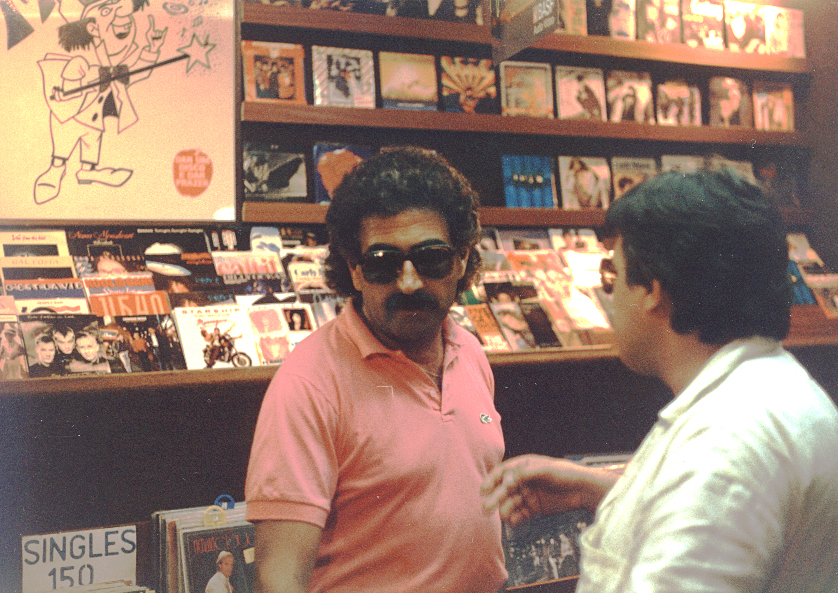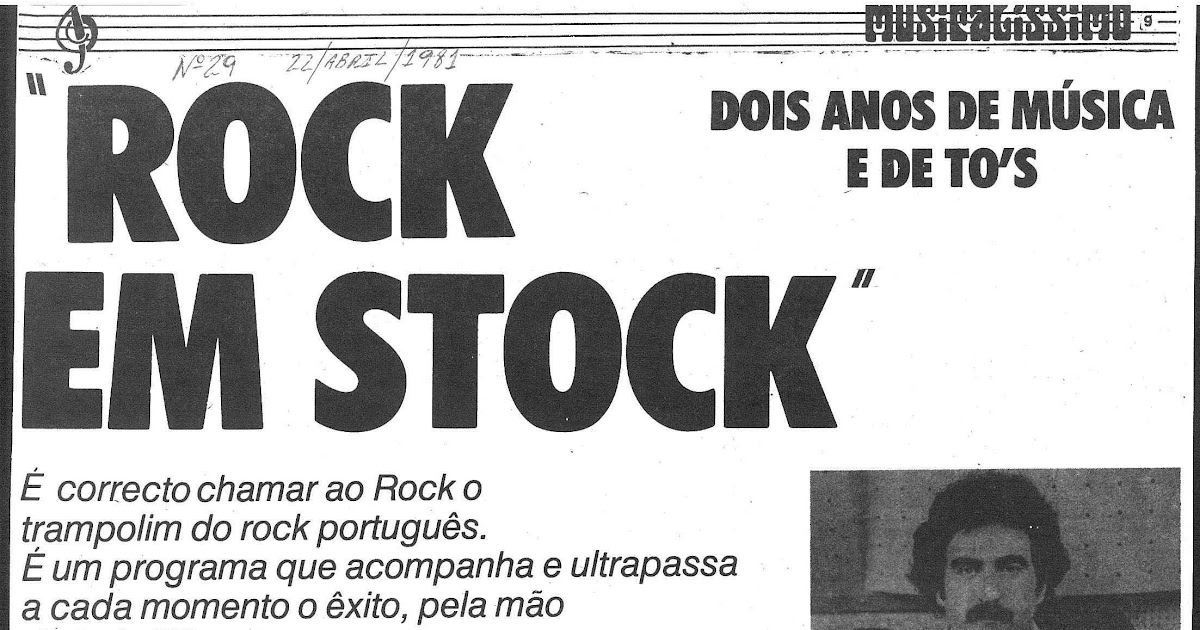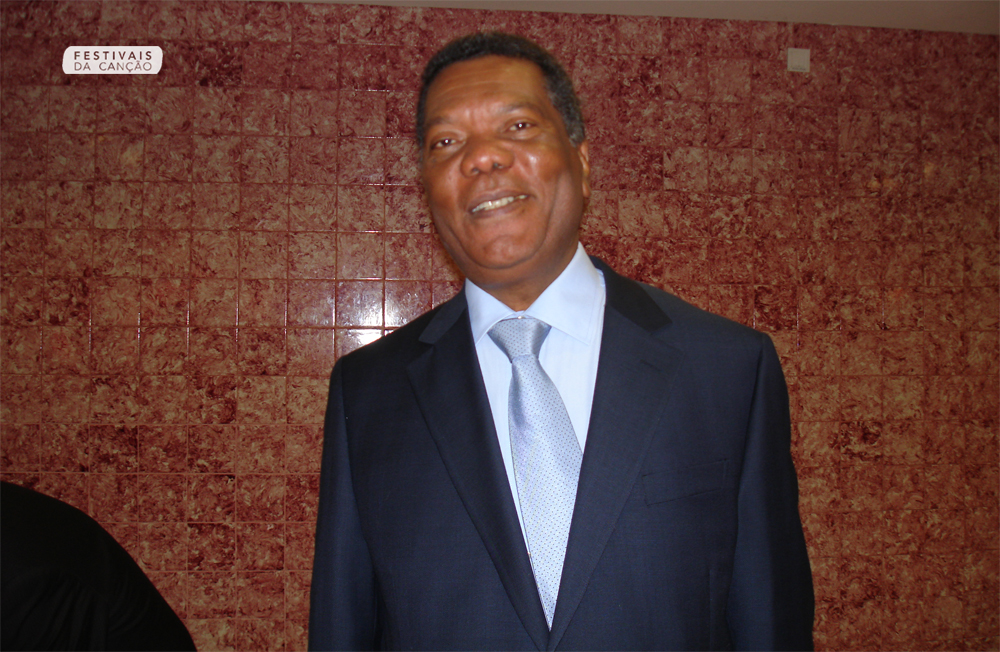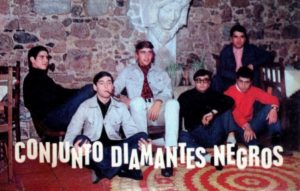Rock em Stock began on April 9, 1979, broadcast by Rádio Comercial and hosted by Luís Filipe Barros. From the very start, it focused on showcasing the latest music from artists and bands that were largely unknown in Portugal, keeping a close eye on what was happening abroad—especially with movements like Punk, New Wave, and the NWOBHM (New Wave of British Heavy Metal).

The show also played a key role in promoting new Portuguese artists and is widely credited with contributing decisively to the Portuguese rock “boom” of the early 1980s. It regularly aired tracks from bands such as Xutos & Pontapés, Rui Veloso, Táxi, Jáfu’mega, GNR, Go Graal Blues Band, Trovante, Roxigénio, UHF, Arte e Ofício, Trabalhadores do Comércio, among many others. And when we say “regularly,” it truly was—songs were often played two or more times in the same broadcast, especially when they were new or exclusive to Rock em Stock, which happened quite frequently.
Although music was the program’s main focus, its real strength lay in the unique presentation style of Luís Filipe Barros—nicknamed “Berros.” His free, spontaneous, humorous, and entirely prejudice-free approach was a refreshing contrast to the otherwise dull radio landscape in Portugal at the time.
The program also featured other presenters over time, including Jaime Fernandes, Rui Morrison, Paulo Coelho, Ricardo Camacho, Bernardo Brito e Cunha, Ana Bola, and others.
Rock em Stock quickly and naturally became the FM Stereo ratings leader and a powerful force in record promotion. Songs featured on the show often made it to the national sales charts. In some cases, albums were even released in stores with stickers claiming they had reached No. 1 on the Rock em Stock chart—a clear sign of the show’s influence over consumers.
In 1999, a double CD was released to mark the program’s 20th anniversary, followed by a second volume in 2000. These compilations featured tracks from artists such as Styx (with “I’m OK,” the show’s theme song), Machiavel, Blondie, Tourists, Ramones, Cheap Trick, Nina Hagen, Devo, New Musik, April Wine, ZZ Top, and others.

On January 13, 1982, the voluntary departure of Luís Filipe Barros from the Rock em Stock program was announced, effective at the end of that month. The news came as a major shock to listeners, as the show was the leading FM radio program in Portugal. His replacement by Ana Bola was so unexpected that many considered it surreal — as if it were an April Fools’ joke.
In fact, this change had almost happened a year earlier. At the beginning of 1981, there were plans for António Sérgio to take over Barros’s role. At the time, Barros had already expressed interest in moving to Rádio Comercial’s AM band — the same official reason later cited for his definitive departure in 1982.
However, the real reasons appeared to run deeper. Throughout 1981, Luís Filipe Barros admitted feeling “a bit fed up” with the format of the show. He faced constant pressure from record labels, disagreed with the quality of much of the national music being sent to the station, and resisted promoting content he deemed weak. He firmly defended his editorial independence, stating that “Rock em Stock is not at the service of the record labels.”
The choice of Ana Bola as his replacement was widely criticized by both fans and journalists. Known mainly as a comedy actress, Ana Bola had no experience in radio. She would later admit that the decision made by Rádio Comercial’s director at the time, João David Nunes, was “an act of recklessness.”
With Barros’s departure, the program would no longer air on Saturdays — previously its most successful slot — and the iconic Rock em Stock chart segment, a staple since April 1979, was also eliminated. These changes only increased listener dissatisfaction.
Ana Bola’s debut as host of the show was far from smooth. Just days before her first broadcast, she broke her arm, making it difficult to operate the turntables and microphones. Years later, she would recall that episode as “a disaster” and admitted to nearly having a panic attack. The public’s reaction was overwhelmingly negative, with protests, letters, and even petitions — but the decision stood.
January 13, 1982. There would only be Rock em Stock with Luís Filipe Barros for about two more weeks, give or take. A historic chapter in Portuguese radio was about to come to an end.










